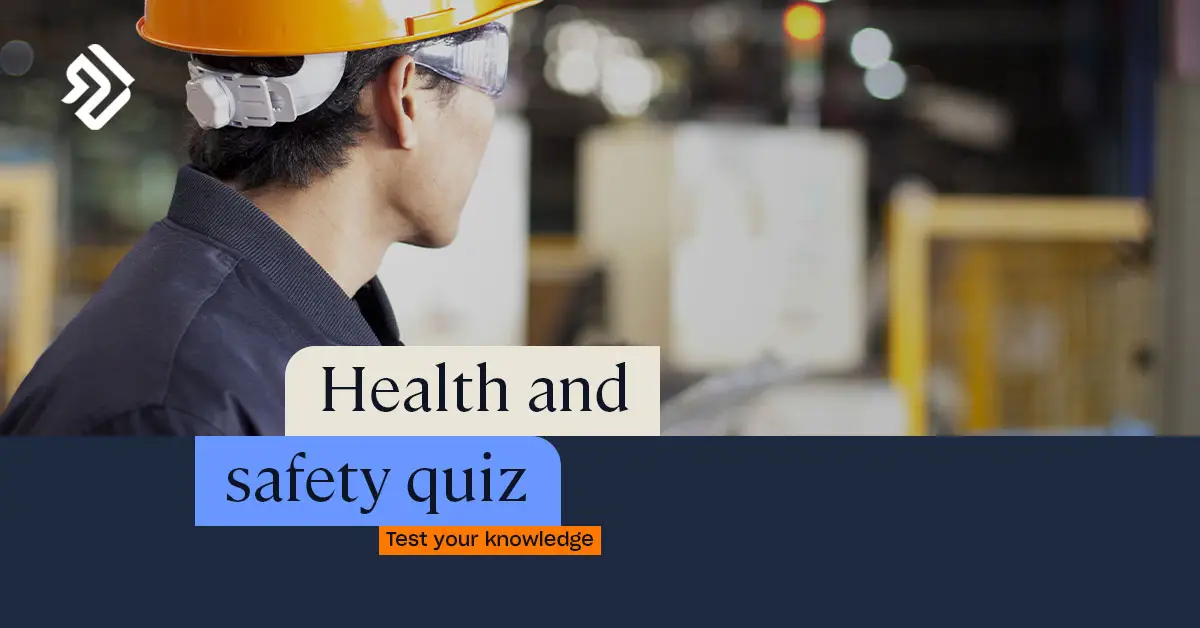If you’re someone who works in an industry that deals with hazardous materials and waste on a regular basis, then obtaining a CHMM (Certified Hazardous Materials Manager) certification can be a game-changer for you. Not only does it validate your expertise and knowledge in the field, but it also opens up a plethora of opportunities for professional growth and career advancement.
So, why is CHMM certification so important? Let me break it down for you with three key factors:
Firstly, it demonstrates your commitment to maintaining a safe work environment for yourself and your colleagues. It showcases your understanding of the potential hazards associated with hazardous materials and how to mitigate them effectively. This is not only crucial for the well-being of everyone involved but also for the reputation of your industry as a whole.
Secondly, it can enhance your credibility and trustworthiness as a professional. By obtaining the CHMM certification, you’re essentially telling your clients and colleagues that you take your job seriously and have gone the extra mile to acquire the necessary skills and knowledge to excel in your field.
Lastly, it can boost your career prospects significantly. With a CHMM certification under your belt, you become a valuable asset to any organization that deals with hazardous materials and waste. You can take up leadership roles, handle complex projects, and even pursue higher-paying job opportunities.
All in all, CHMM certification is a smart investment that can pay off in multiple ways. So, if you’re someone who’s passionate about maintaining a safe work environment and wants to take your career to the next level, then obtaining this certification is definitely worth considering.
Overview
CHMM stands for Certified Hazardous Materials Manager. It is a professional certification that demonstrates expertise in managing hazardous materials and waste. This certification is widely recognized and respected in the industry, and individuals who possess it are highly regarded for their knowledge and skills in this specialized field.
The CHMM certification is a rigorous program that covers a wide range of topics related to hazardous materials management, including regulations, safety procedures, emergency response, and waste disposal. It is designed for professionals who work with hazardous materials in industries such as manufacturing, transportation, and environmental services.
To obtain the CHMM certification, candidates must meet certain educational and professional requirements and pass a comprehensive exam. Once certified, individuals must maintain their status by completing continuing education courses and staying up-to-date with the latest developments in the field.
Having a CHMM certification can be a valuable asset for professionals looking to advance their career in hazardous materials management. It demonstrates a high level of expertise and commitment to maintaining safety and compliance standards, which can be attractive to employers and clients alike.
The Importance of CHMM Certification
Obtaining CHMM certification is essential for professionals working in industries that deal with hazardous materials and waste on a regular basis. Here are three important factors that highlight the significance of this certification:
1. Compliance with Regulations and Standards
Hazardous materials management is a highly regulated area due to the potential risks involved. The CHMM certification ensures that individuals are well-versed in the relevant regulations and standards set forth by governmental agencies such as the Environmental Protection Agency (EPA) and Occupational Safety and Health Administration (OSHA).
“CHMM certification ensures that professionals are up-to-date with the latest regulations and standards, enabling them to effectively navigate the complex landscape of hazardous materials management.”
2. Demonstrating Expertise and Competence
CHMM certification serves as a testament to the individual’s knowledge, skills, and experience in handling hazardous materials and waste. It demonstrates a high level of proficiency in areas such as risk assessment, emergency response planning, waste disposal, and pollution prevention.
“Having CHMM certification showcases expertise and competence in hazardous materials management, giving employers and clients confidence in the individual’s abilities to safeguard public health and the environment.”
3. Career Advancement and Opportunities
In today’s competitive job market, having CHMM certification can greatly enhance career prospects. Many employers prefer to hire individuals who hold this certification, as it signifies their commitment to professionalism and ongoing education in the field of hazardous materials management. Additionally, CHMM-certified professionals often have access to a broader range of career opportunities and higher salary potential.
“CHMM certification opens doors to new career opportunities, promotions, and higher earnings. It is an investment that pays off in terms of long-term professional growth and advancement.”
The CHMM Certification Process
To attain CHMM certification, individuals must go through a rigorous process that includes the following steps:
1. Eligibility Criteria
Before applying for CHMM certification, candidates must meet certain eligibility criteria. These criteria typically include a combination of education, professional experience, and training in the field of hazardous materials management.
“Eligibility requirements for CHMM certification vary, but generally, candidates must possess a relevant bachelor’s degree, a certain number of years of professional experience, and professional development hours in specific subject areas.”
2. Application and Documentation
Once eligible, candidates must submit an application that includes detailed documentation of their qualifications, experience, and training. This documentation is thoroughly reviewed by the certifying body to ensure compliance with the certification requirements.
3. Examination
After the application is approved, candidates are required to pass a comprehensive examination that tests their knowledge and understanding of various aspects of hazardous materials management. The examination covers topics such as regulations, risk assessment, emergency response, waste management, and environmental sustainability.
“The CHMM certification examination is a comprehensive test designed to assess the candidate’s knowledge and ability to apply hazardous materials management principles in different scenarios.”
4. Continuing Education
CHMM-certified professionals must engage in ongoing professional development activities to maintain their certification. This may include attending seminars, conferences, workshops, or completing specific continuing education courses related to hazardous materials management.
“Continuing education plays a crucial role in ensuring that CHMM-certified professionals stay up-to-date with the latest industry trends, regulatory changes, and best practices in hazardous materials management.”
Conclusion
In conclusion, CHMM certification is a valuable credential for professionals in the field of hazardous materials management. It offers compliance with regulations, showcases expertise and competence, and provides opportunities for career advancement. The certification process involves meeting eligibility criteria, submitting documentation, passing an examination, and engaging in continuing education. By obtaining CHMM certification, individuals demonstrate their commitment to excellence and contribute to the safe and responsible management of hazardous materials and waste.













